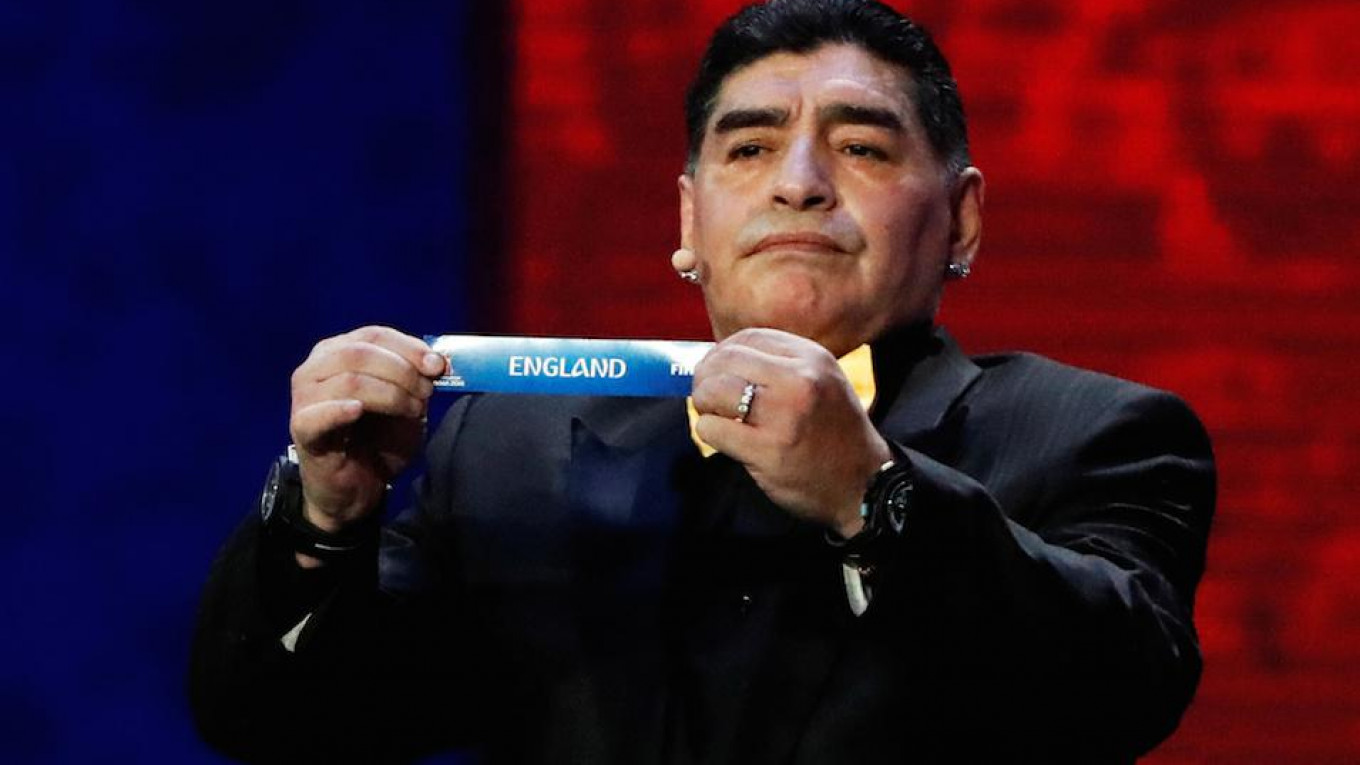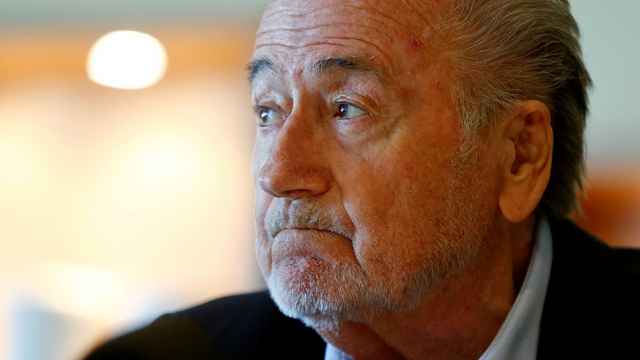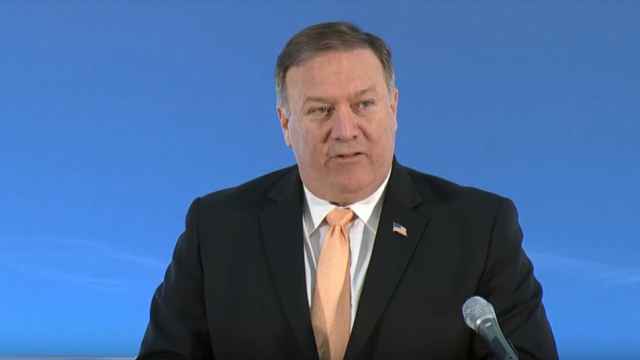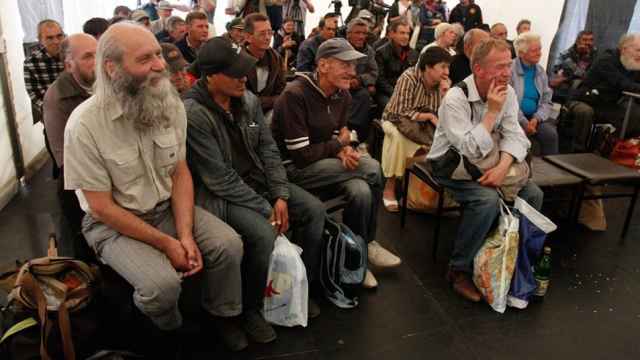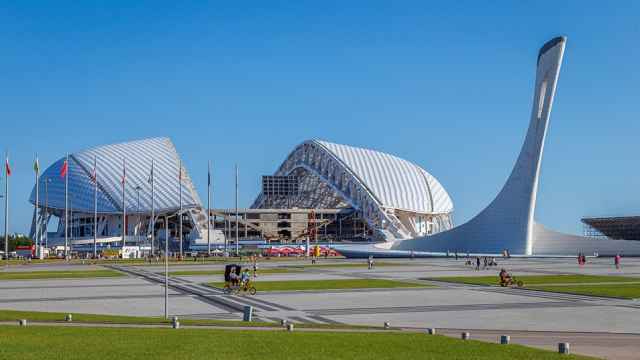Britain has told its citizens traveling to Russia to be aware of anti-British sentiment and harassment and avoid commenting on politics, as relations between the two countries sour over the poisoning of a former Russian double agent.
The Foreign Office updated its travel advice on Wednesday after Prime Minister Theresa May said Russia was behind the attack on Sergei Skripal and his daughter with a nerve agent, and expelled 23 diplomats. Russia denies responsibility.
"Due to heightened political tensions between the UK and Russia, you should be aware of the possibility of anti-British sentiment or harassment at this time," the Foreign Office said in a travel advisory.
"You're advised to remain vigilant, avoid any protests or demonstrations and avoid commenting publicly on political developments," it added.
British police have estimated that 10,000 to 20,000 British soccer fans were expected to travel to Russia in the Summer for the finals of the World Cup.
A Message from The Moscow Times:
Dear readers,
We are facing unprecedented challenges. Russia's Prosecutor General's Office has designated The Moscow Times as an "undesirable" organization, criminalizing our work and putting our staff at risk of prosecution. This follows our earlier unjust labeling as a "foreign agent."
These actions are direct attempts to silence independent journalism in Russia. The authorities claim our work "discredits the decisions of the Russian leadership." We see things differently: we strive to provide accurate, unbiased reporting on Russia.
We, the journalists of The Moscow Times, refuse to be silenced. But to continue our work, we need your help.
Your support, no matter how small, makes a world of difference. If you can, please support us monthly starting from just $2. It's quick to set up, and every contribution makes a significant impact.
By supporting The Moscow Times, you're defending open, independent journalism in the face of repression. Thank you for standing with us.
Remind me later.


